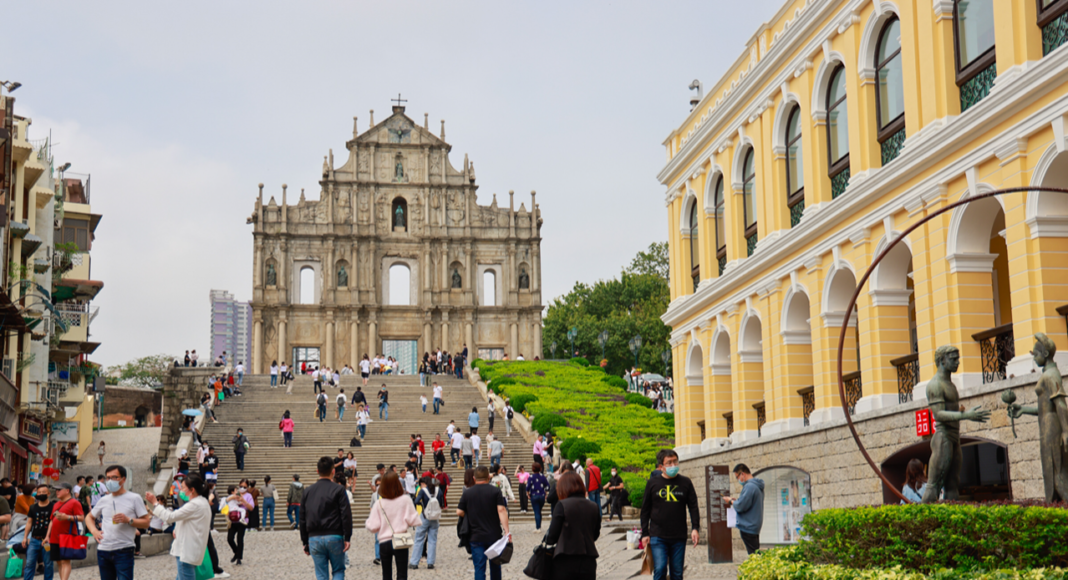The labor shortage in Macau has been a frequently discussed topic, as Macau’s tourism bureau said in February that up to 3,000 hotel rooms were out of use and the problem likely remains unresolved. An industry insider notes that skilled workers who left Macau during the pandemic “probably will not come back”.

According to the latest statistical data released by Macau’s Labour Affairs Bureau this week, from January to February, only 699 non-residents were added to the labor markets, and the construction industry absorbed most of the labor, with only 121 non-local employees added to the hotel and restaurants sector. The actual manpower shortage in the city seems to be worse than expected, notes a local industry insider.
Over the three years of the pandemic, Macau saw its non-resident workforce lose 40,000 workers, with 10,000 of these coming from the hospitality industry. Speaking to AGB, the head of the Association of Federation of the Industry and Commerce of Macau Tourism, Ben Leng, says he believes that the labor shortage will be a longstanding problem in Macau, noting that during COVID “many skilled employees left Macau and probably will not come back”.
Ben Leng indicates that Macau’s tourism industry has invested a lot of resources to train both local and non-local employees, but that also “since those qualified employees left the city, Macau now is facing a new start”. He also pointed out that, according to a previous study, the housekeeper position is one that local employees dislike most, so it will be even harder to hire a local housekeeper to meet the demand.
Ben Leng notes also that the local government is taking non-resident worker applications very cautiously, as the local unemployment rate reached 4.5 percent in the first quarter of 2022, hitting the highest level since 2009. On the other hand, he mentioned that drastic changing circumstances in neighboring areas have made the situation even harder for Macau.
First of all, Leng said that Macau’s neighbor, the Guangdong Province, has “the best employment situation in mainland China, as the one Province records about $1.9 trillion GDP (more than all of Russia). In this case, Macau’s hospitality has to compete with Guangdong. On the other hand, the salary levels between Macau and Guangdong have narrowed during the pandemic, meaning fewer mainland workers are willing to come to Macau,” notes the expert.
Leng believes that Macau’s employers have to propose higher salaries to hire workers from outside compared to the past, especially for the hospitality industry, indicating that recruiting workers with Cantonese language skills is harder and that “most of the companies, especially small and medium enterprises, have to seek their workers from regions far away from Macau, where are less developed areas”.
Cost increases are another headache for Macau’s commercial sector. Leng notes that all kinds of goods have risen in price, while at the same time, Macau is shifting from high-spending tourists to younger tourists. A recent study shows 75 percent of Macau visitors are under the age of 35.
Generally speaking, Leng concludes that Macau is not isolated, as the majority of the tourism-driven economies are facing the same challenges.
The Labour Affairs Bureau announced this Tuesday that it will organize a job fair at the Macau Tower Convention Center on May 5th and 6th with over 1,000 job vacancies in the hospitality, transport, retail and banking sectors.











